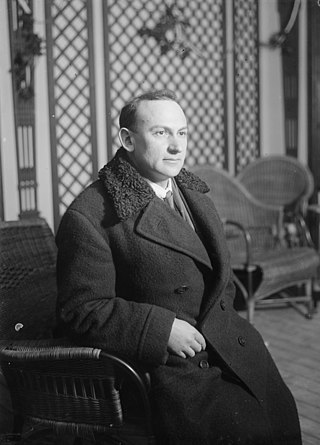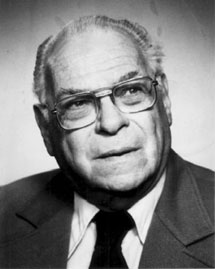
Henry Threadgill is an American composer, saxophonist and flautist. He came to prominence in the 1970s leading ensembles rooted in jazz but with unusual instrumentation and often incorporating other genres of music. He has performed and recorded with several ensembles: Air, Aggregation Orb, Make a Move, the seven-piece Henry Threadgill Sextett, the twenty-piece Society Situation Dance Band, Very Very Circus, X-75, and Zooid.
Tom Chiu (邱崇德) is a violinist and composer of Taiwanese origin working and living in Brooklyn, New York. He is the founder of the FLUX Quartet, who are widely recognized for their performances of technically challenging cutting-edge compositions, including Morton Feldman's six-hour marathon String Quartet No. 2.

Leroy Jenkins was an American composer and violinist/violist.
Alice Anne LeBaron is an American composer and harpist.
Chen Yi is a Chinese-American composer of contemporary classical music and violinist. She was the first Chinese woman to receive a Master of Arts (M.A.) in music composition from the Central Conservatory of Music in Beijing. Chen was a finalist for the 2006 Pulitzer Prize for Music for her composition Si Ji, and has received awards from the Koussevistky Music Foundation and American Academy of Arts and Letters, as well as fellowships from the Guggenheim Foundation and the National Endowment for the Arts. In 2010, she was awarded an Honorary Doctorate from The New School and in 2012, she was awarded the Brock Commission from the American Choral Directors Association. She was elected to the American Academy of Arts and Letters in 2019.

Joseph Yulyevich Achron, also seen as Akhron was a Russian-born Jewish composer and violinist, who settled in the United States. His preoccupation with Jewish elements and his desire to develop a "Jewish" harmonic and contrapuntal idiom, underscored and informed much of his work. His friend, the composer Arnold Schoenberg, described Achron in his obituary as "one of the most underrated modern composers".

Irving Milton Adolphus was an American pianist and composer.
Matthew John Hindson AM is an Australian composer.
Margaret Brouwer is an American composer and composition teacher. She founded the Blue Streak Ensemble chamber music group.
Frederick A. Fox was an American composer and former music educator specializing in contemporary classical music.
Otomar Kvěch was a Czech music composer and teacher.
The Sonatina for Violin and Harpsichord is a three-movement, neoclassical chamber work composed by Walter Piston in 1945, that marks the beginning of his postwar style.
Irma Ravinale was an Italian composer and music educator.

Marie Samuelsson is a Swedish composer.

Mixed Quintet is an album by American jazz violinist Leroy Jenkins, recorded in 1979 for the Italian Black Saint label.
Jean François Toussaint Rogister was a Belgian virtuoso violist, teacher and composer.
Richard David Carrick is an American composer, pianist and conductor. He was a Guggenheim Fellow in Music Composition for 2015–16 while living in Kigali, Rwanda. His compositions are influenced by diverse sources including traditional Korean Gugak music, the flow concept of Mihaly Csikszentmihalyi, Gnawa Music of Morocco, Jazz, experimental music, concepts of infinity, the works of Italo Calvino and Ludwig Wittgenstein, and his work as improviser.
The Soldier String Quartet was a string quartet, founded in 1984 by composer and violinist Dave Soldier, that specialized in performing a fusion of classical and popular music. The quartet proved a training ground for many subsequent experimental classical groups and performers, including violinists Regina Carter and Todd Reynolds, and performed at venues ranging from the classic punk rock club CBGBs to Carnegie Hall and the Lincoln Center.
Graham Whettam was an English post-romantic composer.

For Players Only is a live album by violinist and composer Leroy Jenkins, his first as a leader. It was recorded in January 1975 at Wollman Auditorium, Columbia University in New York City, and was released by JCOA Records later that year. On the album, Jenkins is joined by members of the Jazz Composer's Orchestra.







